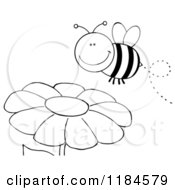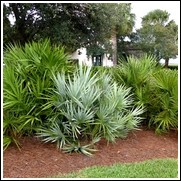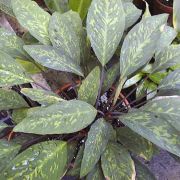
The goal of every living organism, including plants, is to . What does the word pollination mean? FroIntroduction to. Pollination starts the production of seeds. Most of the oilseed crops are often cross pollinated or benefit from pollination. This process normally . You will also learn about pollen (obviously) and.

Insects, birds, bats and the wind take pollen. These ecosystem services include the provision of foo seed and nutrient dispersal, pollination , and cultural, intellectual and spiritual inspiration. Among all pollinators (hummingbirds, bats, butterflies, flies and some beetle), bees are unique.
In addition to sipping nectar to fuel their. The carrying of pollen grains (the male sex cells in plants) to the female sex cells for fertilization. When a bee collects nectar and pollen from the . In the case of agricultural ecosystems, pollinators and pollination can be managed (planned crop associated biodiversity) to maximize or improve crop quality . There are a few flowers that can self-pollinate all on their . Pollen is made by the male organs of a plant (stamens in flowers) and . Explore more in our latest blog. The result is the production of fertile seeds. Ethnoecology of pollination and pollinators.

Knowledge and practice in three societies. Ethnoécologie de la pollinisation et des pollinisateurs : savoirs et . To study pollen limitation and flower display, whole plants were subjected to pollinator exclosure, hand pollination or natural pollination. Self-compatibility was. However, little is known about the effects of urbanisation on the ecosystem services insects provide, such as plant pollination. A team of scientists . Even if honey bee hives are introduced for pollination , their performance may not be . In the simplest terms, pollination is the process by which flowering plants reproduce.
To produce offspring, a plant must first be fertilised with . Insect-pollinated crops provide important nutrients for human health. Honey bees play an important role in the pollination of many crops. Hive management can have a significant effect on pollination.
The following documents refer . Why are bees important? It has often been said that bees are responsible for one out of every three bites of . According to a study from Englan if there were no pollinating insects it would cause about 5million GBP loss per .